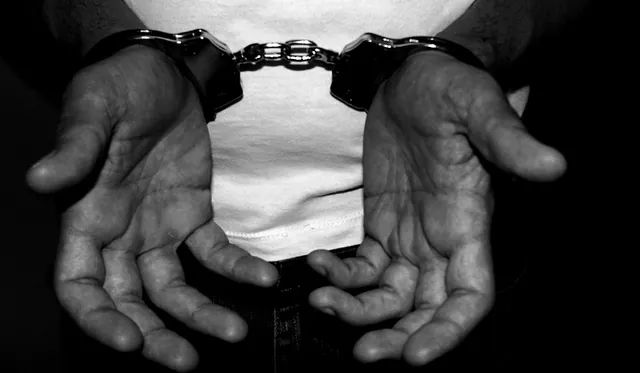 Almost everyone in the United States has heard of your “Miranda warnings” or “Miranda rights.” Do you know, however, why they are called “Miranda rights?” Do you know when your Miranda rights apply? Do you know exactly what they mean and do you understand the limits of your Miranda rights? The average person does not know the answers to these questions. Those answers, however, could be important someday if you are ever stopped and questioned by the police. With that in mind, an Omaha DUI attorney explains your Miranda rights.
Almost everyone in the United States has heard of your “Miranda warnings” or “Miranda rights.” Do you know, however, why they are called “Miranda rights?” Do you know when your Miranda rights apply? Do you know exactly what they mean and do you understand the limits of your Miranda rights? The average person does not know the answers to these questions. Those answers, however, could be important someday if you are ever stopped and questioned by the police. With that in mind, an Omaha DUI attorney explains your Miranda rights.
Why Are They Called Miranda Rights?
Your “Miranda rights” are referred to as such after the Supreme Court case (Miranda vs. Arizona, 384 US 436, 1966) that mandated them. The case revolved around the arrest of Phoenix resident Ernesto Miranda in 1963. Ernesto, had not finished ninth grade and had a history of mental instability, was charged with rape, kidnapping, and robbery. The police did not inform Miranda that he had any rights prior to beginning a two-hour interrogation during which Miranda allegedly confessed to committing the crimes. Miranda had no counsel present before, or during, the interrogation. When the case went to trial, the prosecutions entire case was based on Ernesto’s alleged confession. Despite this, Miranda was convicted of rape and kidnapping and sentenced to 20-30 years in prison. He appealed, claiming that the confession was obtained in violation of his constitutional rights and was, therefore, inadmissible. That appeal was eventually heard by the U.S. Supreme Court who, in a 5-4 decision, agreed with Miranda. Specifically, the Court held that the police had failed to first inform Miranda of his right to an attorney and against self-incrimination. The Court further found that the 5th Amendment’s right against self-incrimination and the 6th Amendment’s right to counsel compelled the police to give a suspect warnings about their rights before the police question them. Without these two fundamental rights, both of which, the Court ruled, “dispel the compulsion inherent in custodial surroundings,” “no statement obtained from the defendant can truly be the product of his free choice.” Finally, the court actually included a statement to illustrate, at a bare minimum, what the police must tell a suspect before questioning the suspect. That statement quickly became known as your “Miranda warnings.”
What Is Required by the Police?
The U.S. Supreme Court, in Miranda, made it clear that a law enforcement officer must tell a suspect the following prior to questioning:
- You have the right to remain silent.
- Anything you say can and will be used against you in a court of law.
- You have the right to an attorney.
- If you cannot afford an attorney, one will be appointed for you.
When Do Your Miranda Warnings Apply?
This is where most of the confusion with regard to your Miranda rights occurs. A law enforcement officer is only required to read you your Miranda warnings if you are in custody and the officer wishes to question you. If, for example, the police stop you while you are walking down the street and begin to ask you questions, they are not obligated to Mirandize you first because you are not in custody. Likewise, even if you are placed under arrest and are in the back of a police car, the police are not required to read you your rights unless they want to question you. If you are in custody, and the police question you without first reading you your Miranda warnings, anything you subsequently say could be ruled inadmissible at trial.
How Can Omaha DUI Attorneys Help If My Miranda Rights Were Violated?
If you were arrested for driving under the influence (DUI) and the arresting officer failed to read you your Miranda rights once you were clearly in custody, anything you might have said after that point could be excluded from evidence by an experienced Omaha DUI attorney.
Contact Us
If you have been charged with driving under the influence (DUI) in the State of Nebraska, and the arresting officer failed to read you your Miranda rights, contact an Omaha DUI lawyer at Petersen Law Office 24 hours a day at 402-513-2180 to discuss your case with an experienced Omaha DUI defense lawyer.


